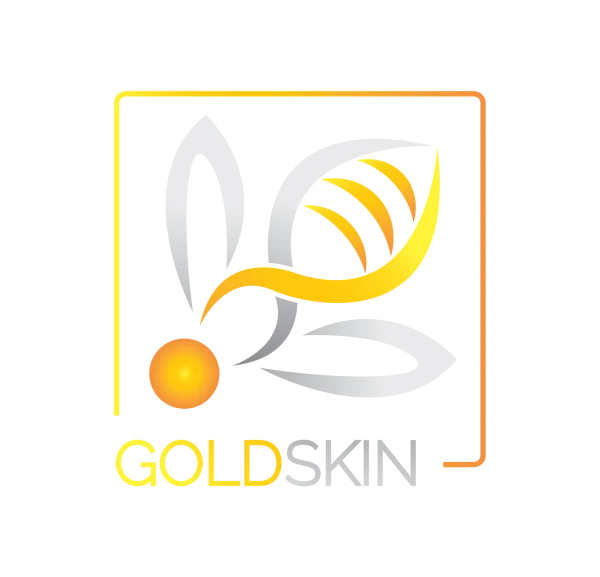A blog is one of the most engaging platforms available today, serving as a powerful channel for sharing knowledge, experiences, building a brand, and effectively connecting with communities. Furthermore, blogs can be monetized through advertising, affiliate marketing, or selling products/services, especially when they attract a large readership.
Content Overview
What is a Blog?
Definition of a Blog
A blog is a type of website that focuses on written content, typically displayed in reverse chronological order. Blogs can cover various topics, from personal anecdotes to professional insights. For example, a travel blog may share experiences from different countries, while a tech blog may provide product reviews and tech tips.
Understanding Related Terminology
- Post: An individual entry in a blog.
- Comment: Feedback or discussions from readers on blog posts.
- RSS Feed: A way for users to subscribe to blog updates.

What are Blogs Used For?
Blogs are versatile tools used for:
- Sharing personal experiences and knowledge.
- Building an online presence and brand identity.
- Engaging with a community through comments and discussions.
Structure of a Blog
A typical blog comprises the following sections:
- Header: Contains the blog title and navigation links.
- Main Content: The body where posts are displayed.
- Sidebar: Additional content such as recent posts, categories, or advertisements.
- Footer: Information about the blog and links to privacy policies or contact information.
Popular Types of Blogs Today
- Personal Blogs: Focused on individual experiences and stories.
- Business Blogs: Aim to promote products or services while providing valuable content.
- Niche Blogs: Centered around specific topics such as cooking, travel, or technology.
Steps to Create a Blog
Choose a Blogging Platform
Select a suitable platform based on your needs:
- WordPress: Highly customizable and user-friendly.
- Blogger: A straightforward option for beginners.
Purchase a Domain Name
A unique domain name enhances your blog’s credibility. For instance, a name like “travelwithme.com” is memorable and descriptive.
Register for Hosting Services
Reliable hosting is crucial for your blog’s performance. Providers like Bluehost or SiteGround offer excellent services for beginners.
Publish Content and Monitor Traffic Growth
Regularly update your blog with engaging content while tracking traffic to measure growth and audience engagement.
Free Blogging Platforms
- WordPress: Versatile and widely used.
- Blogger.com: Simple and straightforward for beginners.
- Wix: Offers drag-and-drop functionality for easy design.
- Squarespace: Great for visually appealing blogs.
- Postach.io: Integrates with Evernote for easy content creation.
- Weebly: User-friendly with various templates.
- Tumblr.com: A microblogging platform for quick posts.

Writing Professional and Engaging Blog Content
Tips for Optimizing Blog Content to Captivate Readers
-
Use Catchy Titles and Comprehensive Descriptions: Titles like “10 Secrets to Mastering SEO” grab attention and promise valuable insights.
-
Craft a Concise and Engaging Introduction: The first few sentences should hook the reader; for instance, starting with a question can pique curiosity.
-
Utilize a Table of Contents and Scroll-Up Buttons: These features enhance user experience by making navigation easier.
Can You Make Money from Blogging?
Yes, monetization is achievable through:
- Affiliate marketing: Earning commissions by promoting products.
- Sponsored posts: Collaborating with brands to create content.
What are the Costs of Starting a Blog?
- Domain Name Costs: Generally range from $10 to $20 per year.
- Hosting Fees: Monthly fees can vary from $5 to $30 depending on the provider.
- Additional Costs: These may include premium themes, plugins, and marketing expenses.
Frequently Asked Questions
What are the Differences Between a Website and a Blog? Which One Should You Use?
- Website: A broader platform that may include static pages.
- Blog: Focused on dynamic content with regular updates. Choose a blog for engagement and frequent content updates.
Do You Need to Know Code to Create a Blog?
No, most blogging platforms are user-friendly and do not require coding knowledge.
What is the Difference Between Pages and Posts in a Blog?
- Pages: Static content such as “About” or “Contact” pages.
- Posts: Dynamic content that is regularly updated, such as blog entries.
Who is Blogging Suitable For?
Blogging is suitable for anyone with a passion for sharing knowledge or experiences, including entrepreneurs, hobbyists, and professionals.
Conclusion
Creating a successful blog involves understanding the platform, crafting compelling content, and engaging with your audience. By following these guidelines, you can establish a blog that not only reflects your passions but also attracts and retains readers effectively.

GoldSkin > Content Marketing > What is a Blog? A Simple Guide to Writing Personal Blog Content for Beginners
Articles In The Same Category
Content Marketing
Effective Application of the AIDA Content Writing Formula in Marketing
Content Marketing
What is Social Content? Strategies for Building Exceptional Social Content
Content Marketing
The PAS Formula for Crafting Engaging Marketing Content
Content Marketing
What is Content Syndication and How Does It Work?